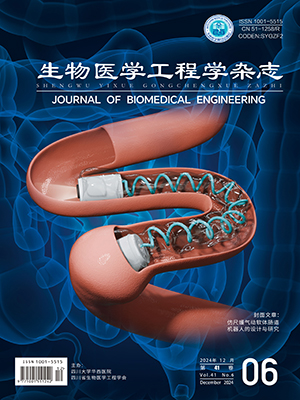Immobilization of CD34 antibody on ferroferric oxide magnetic nanoparticles was achieved by the traditional carboxyl-amine conjugation reaction. Fourier transform infrared spectroscopy (FT-IR), nanoparticle size analysis (dynamic light scattering and transmission electron microscope), and other testing methods were used to detect the surface modified magnetic nanoparticles. The endothelial progenitor cells (EPCs) were cultured with the surface modified magnetic nanoparticles to evaluate cell compatibility and the combination effect of nanoparticles on EPCs in a short period of time. Directional guide of the surface modified magnetic nanoparticles to EPCs was evaluated under applied magnetic field and simulated dynamic flow condition. The results showed that the magnetic nanoparticles were successfully modified with CD34 antibody, which had good cell compatibility within a certain range of the nanoparticle concentrations. The surface modified nanoparticles can combine with EPCs effectively in a short time, and those nanoparticles combined EPCs can be directional guided under the magnetic field in the dynamic flow environment.
Citation: FAN Yi, DU Zeyu, HUANG Nan. Magnetic nanoparticles for specifically capturing endothelial progenitor cells and evaluation of its cellular compatibility. Journal of Biomedical Engineering, 2018, 35(6): 900-904, 913. doi: 10.7507/1001-5515.201611060 Copy
Copyright © the editorial department of Journal of Biomedical Engineering of West China Medical Publisher. All rights reserved
-
Previous Article
Coronary vessel intimal sequence extraction based on prior boundary constraints in optical coherence tomography image -
Next Article
Andrographolide-releasing collagen scaffold enhance the ability of chondrocytes to maintain their specific phenotype under inflammatory environment in vitro




